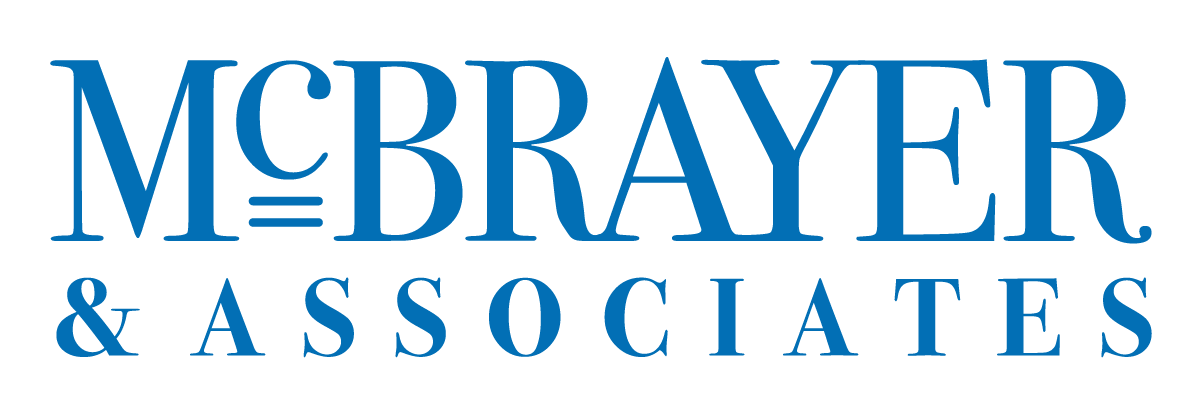Teaching Value: How to Become a Top Sales Rep

The average sales rep has a difficult time gaining access to buying influencers. However, many customers say they would be willing to pay just for the conversation with a Super Star Sales Performer.
What is the difference between the average salesperson—approximately 80% of salespeople—and the top sales rep? The Star Performer, according to the customer, teaches them something of value.
After concluding a five-year study with over 5,000 B2B customers, the Sales Executive Council (SEC), a think tank in DC, found that the overwhelming difference-maker is that top salespeople bring value in terms of their knowledge of the industry and understanding of the customer’s type of business.
The Right Approach
The average salesperson doesn’t present a valid business reason and therefore the buyer doesn’t want to meet—meaning they don’t secure the appointment.
On the other hand, The world-class salesperson provides a very persuasive business reason to meet. They know the one thing that all buyers are interested in: themselves. Specifically, what are the industry trends and what are the biggest problems that people, like the buyer, are having?
The biggest mistake the average sales rep makes is that they start selling too soon. When people are not ready to be sold, they are “turned off” by the sales presentation. Most salespeople are too quick to talk about their company history, products, services, etc. which is received as selling.
The Super Star salesperson takes a different approach. A top sales rep understands that s/he must first establish trust.
Establishing Trust
Trust is defined as character and competency and is established when the Super Star is able to teach something of value, something that all prospects are interested in. Remember, the one thing they’re all interested in is themselves, more specifically, their industry trends and the pain points of people in their roles.
The best way to create trust when selling is to simply stop selling! Your objective, early in the sales process, should be to establish trust, and you do that by building relevant rapport. Selling too soon actually breaks rapport!
While selling breaks rapport, education builds it. This can be illustrated by a little story called “Fishing with Strawberries”:
A sales trainer asked the attendees of a meeting if they liked strawberries. All of them agreed that they loved strawberries.
He then asked “do any of you enjoy fishing?” Again, the vast majority agreed that they loved fishing. “Why then,” he asked, “don’t you use strawberries as bait when you go fishing?”
They replied, “because fish don’t like strawberries, I do!”
And so it is, your prospects don’t like hearing about how great your company, product or services are, they are interested in their own company, industry and market. Fish with that which they are interested in: educate them on their own market and industry.
Conclusion
The key to creating relevant rapport and building trust is to stop selling and start educating. By building a relationship with your prospects as a trusted advisor and industry expert, they’ll be more likely to reach out to you for advice, and listen when you give it.
